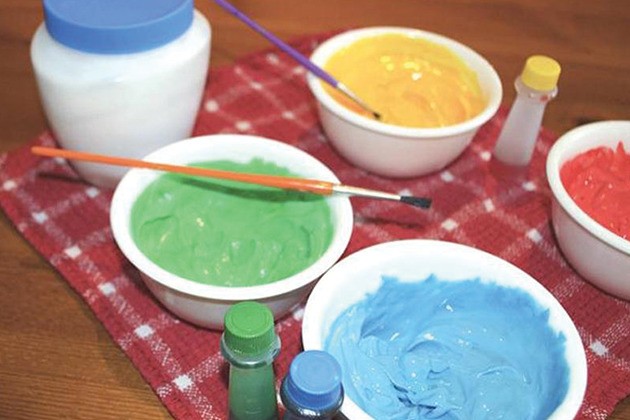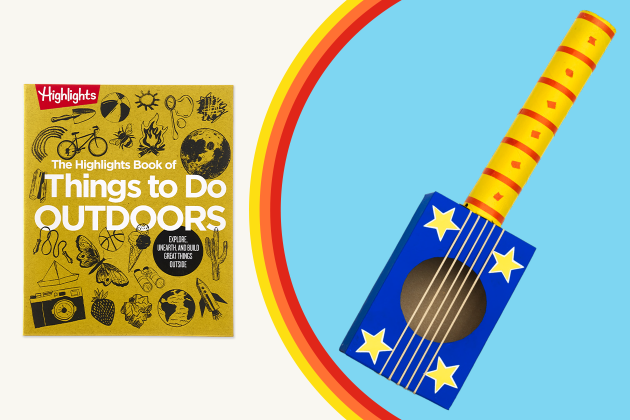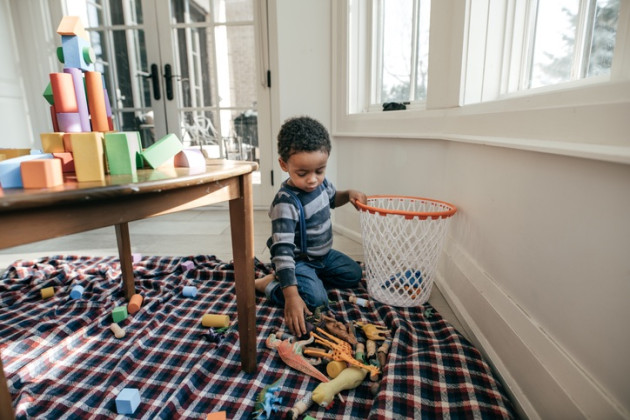How Can You Tell If a Child Will Thrive in Kindergarten? Here’s What to Consider.

There is no perfect formula or kindergarten readiness checklist to follow, but understanding what kids learn in kindergarten, what they do during their day, and how early childhood learning happens can help parents decide if it is the right time to enroll.
To help judge if your child is ready for school, Highlights’ early childhood education editor Julie Stan recommends focusing on kids’ self-help skills. “Get your child comfortable asking for help from an adult,” Stan says. For example, if your child needs to go to the bathroom, will she speak up? Does he know how to name his feelings and share if he does not want to do something? These relational skills are central to a good kindergarten experience.
Parents can practice these skills by giving children the right-sized responsibilities at home. Here are some suggestions:
- Let your little one clean up after herself after a craft or pack a lunch for a picnic.
- Give your child chances to take charge of a chore of their choosing.
- Ask them how they are feeling and listen when they tell you.
There is no perfect formula or kindergarten readiness checklist to follow.
Kids in kindergarten are still doing a lot of hands-on learning, not hours of sit-down academic work. So, you can prepare your learner by encouraging curiosity in the world around them. Start by taking walks and talking with your child about what they see.
“Look at rocks, observe clouds,” says Stan. “Taking the time to let children enjoy the wonder of the world around them, and ask questions about it, will be a great preparation for kindergarten.” But it’s also a good idea to give your child some practice with paper-and-pencil activities. Highlights’ Summer Big Fun Workbook will do this and also foster curiosity and creative learning.
While some parents think they need to send their child to school already knowing how to read, this certainly is not a requirement.
“But,” Stan says, “a love of reading goes a long way.” In early childhood, the focus is on story, and kids who are engaged in frequent conversation, who listen to and tell stories, who are library visitors, and who read with adults they love are set up for a lot of success in school. Let them explore letters and numbers while on errands and in the car with books like Highlights’ ABC Puzzles. Read to them from books they choose, even if they love to hear the same one over and over.
Kindergarten is also all about routines. Stan recommends practicing following routines at home by getting up at the same time every day at least a month before school starts. Keeping consistent bedtimes and getting your kids in the habit of eating breakfast will not only help them get used to routines, but will also ensure they are well-rested come the first day of school. Parents can get into the habit of playing “school” at home by practicing with fun activities like those found in Highlights’ Preschool Learning Subscription Box. The more familiar a child is with the types of activities they will do encounter at school, the more confidence they will have.
When deciding if your child is ready for school, consider the following:
- Social skills, especially being able to ask for help and communicate needs
- Your child’s curiosity about the world
- Your child’s love of story
- Familiarity with routines
But every child is different, and the people who love and know a child best are the best people to decide when they are ready to take the leap into school. In addition, some parents who have an atypical kid may find their child cannot do everything on a kindergarten readiness checklist.
“Everybody’s ‘ready’ will look different,” says Stan. “While there are child development milestones that typical kids have, some kids will never hit some of them. And that’s okay. Schools are here to support children at a variety of developmental levels and with different strengths and needs.”









